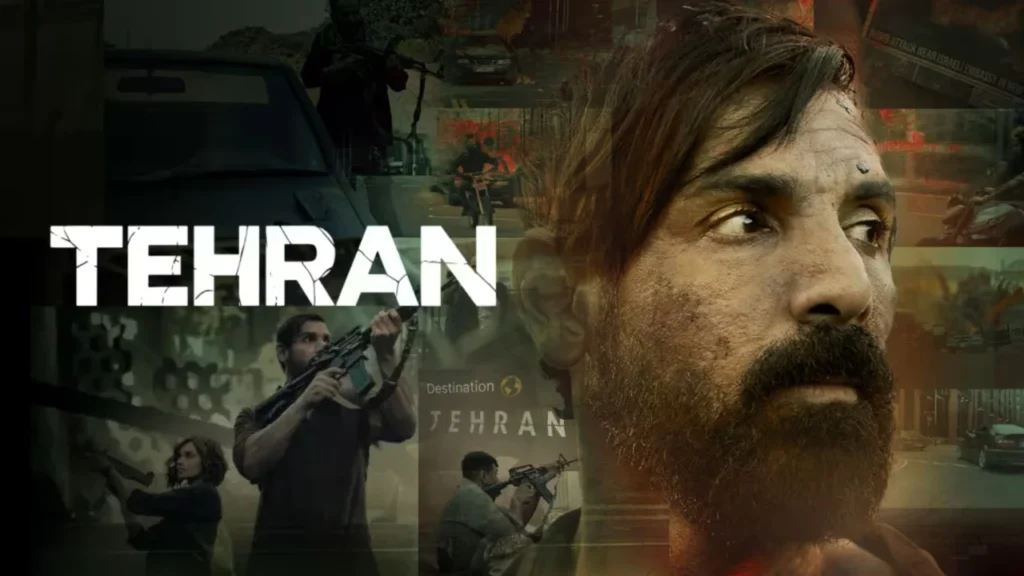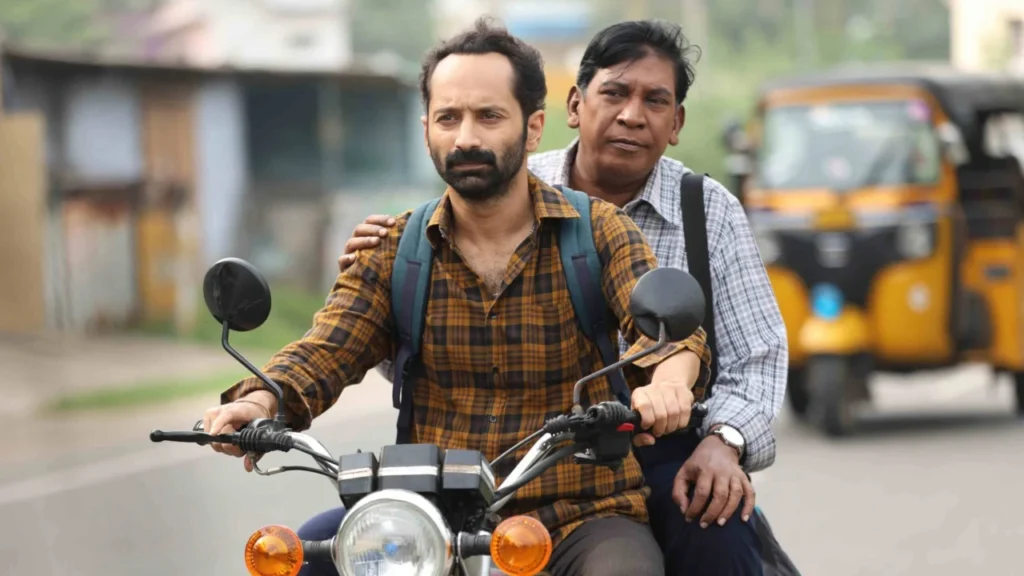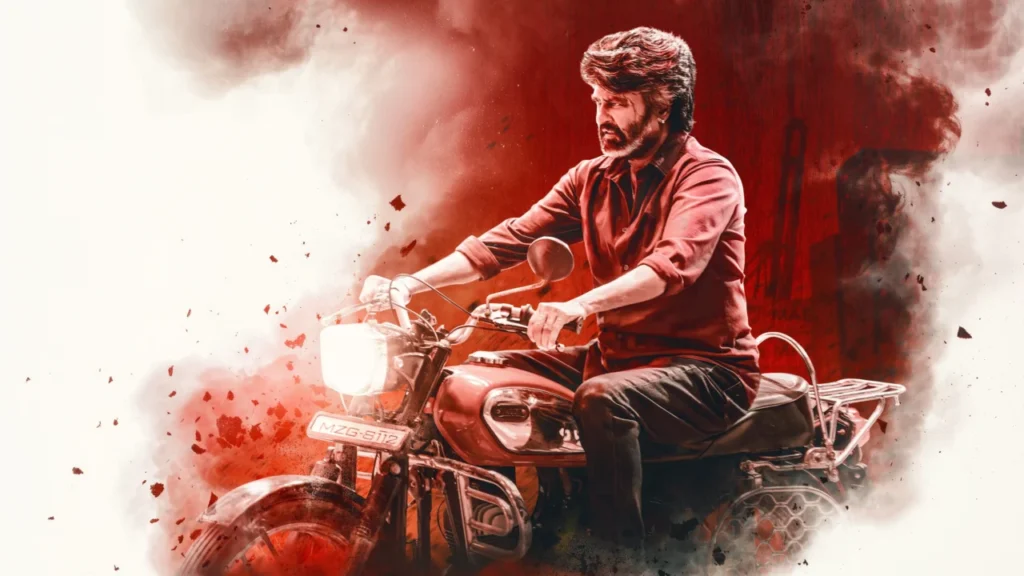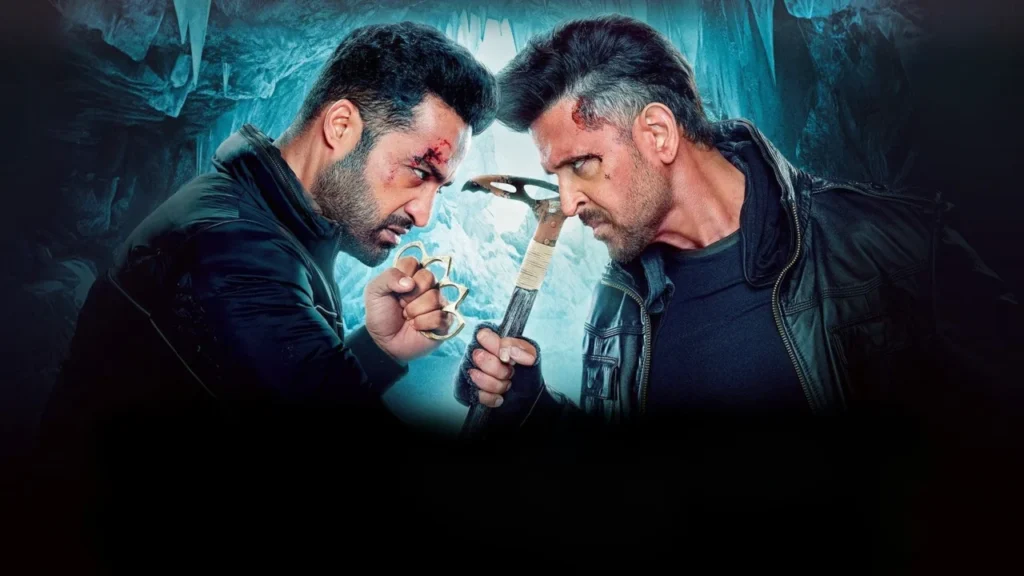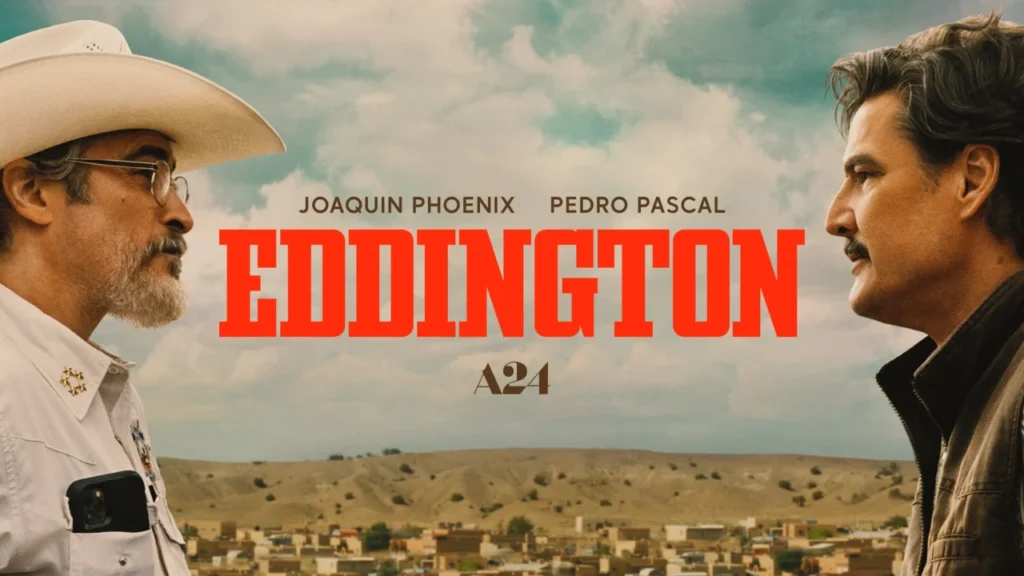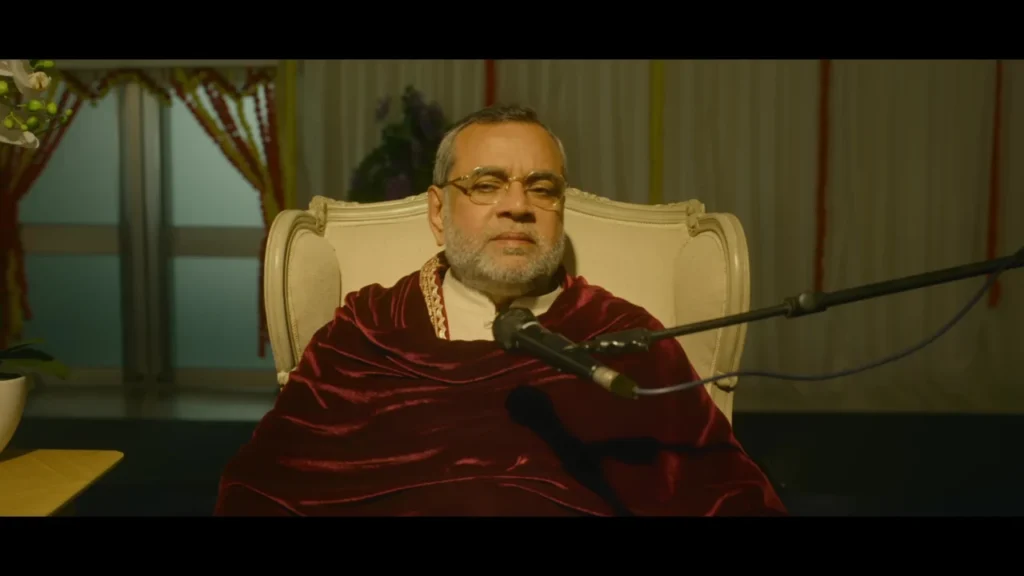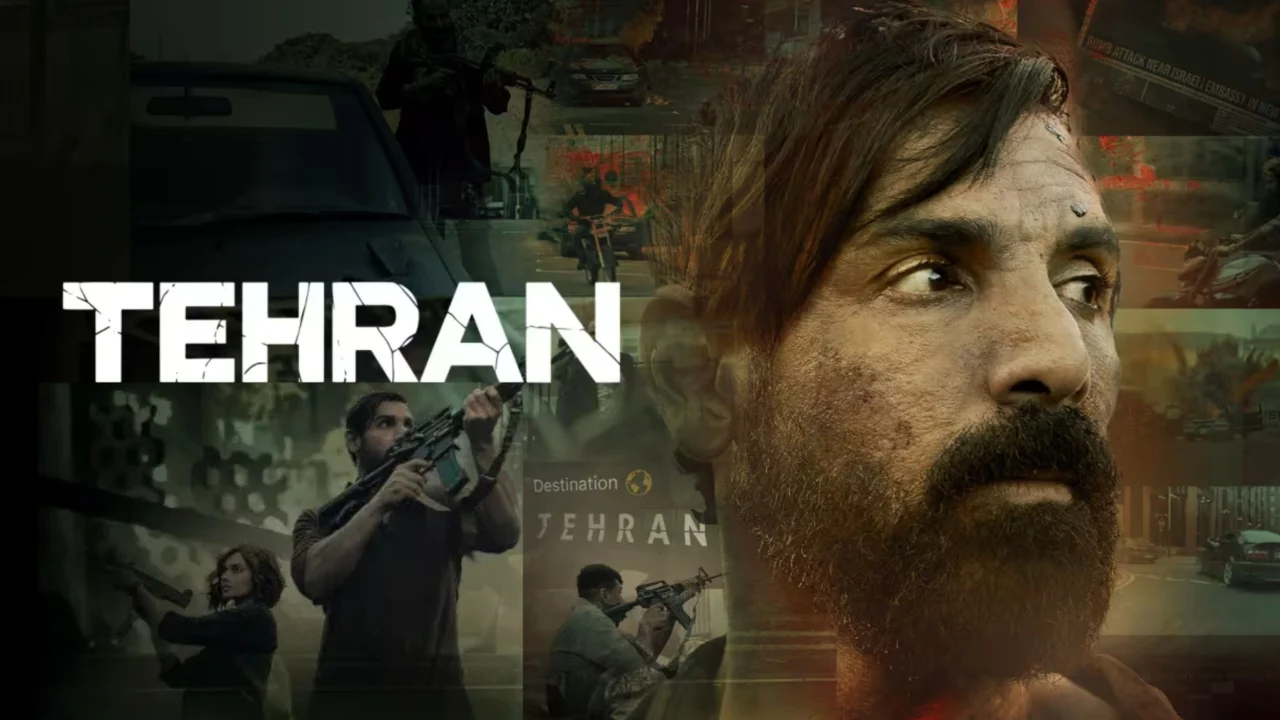
Tehran (2025) Movie: John Abraham’s Spy Thriller Hits Different This Time
Arun Gopalan’s debut in spy cinema delivers a thoughtful thriller with John Abraham, Neeru Bajwa, Manushi Chhillar, and Adam Karst. Set against a 2012 bombing backdrop, the film follows an officer’s dangerous mission to Tehran.
This political thriller takes a mature approach to storytelling. Maddock Films presents a story where personal loss drives professional duty. The narrative jumps between Delhi’s streets and Iran’s complex political landscape.

The Core Story
The plot centers on RK, a special officer seeking answers after a deadly blast rocks Delhi. His investigation leads him deep into international conspiracy. The journey becomes personal when innocent lives are lost.
Tehran becomes his hunting ground where every ally could be an enemy. The character faces betrayal from his own system while foreign forces close in. I found this internal conflict more gripping than typical spy stories.
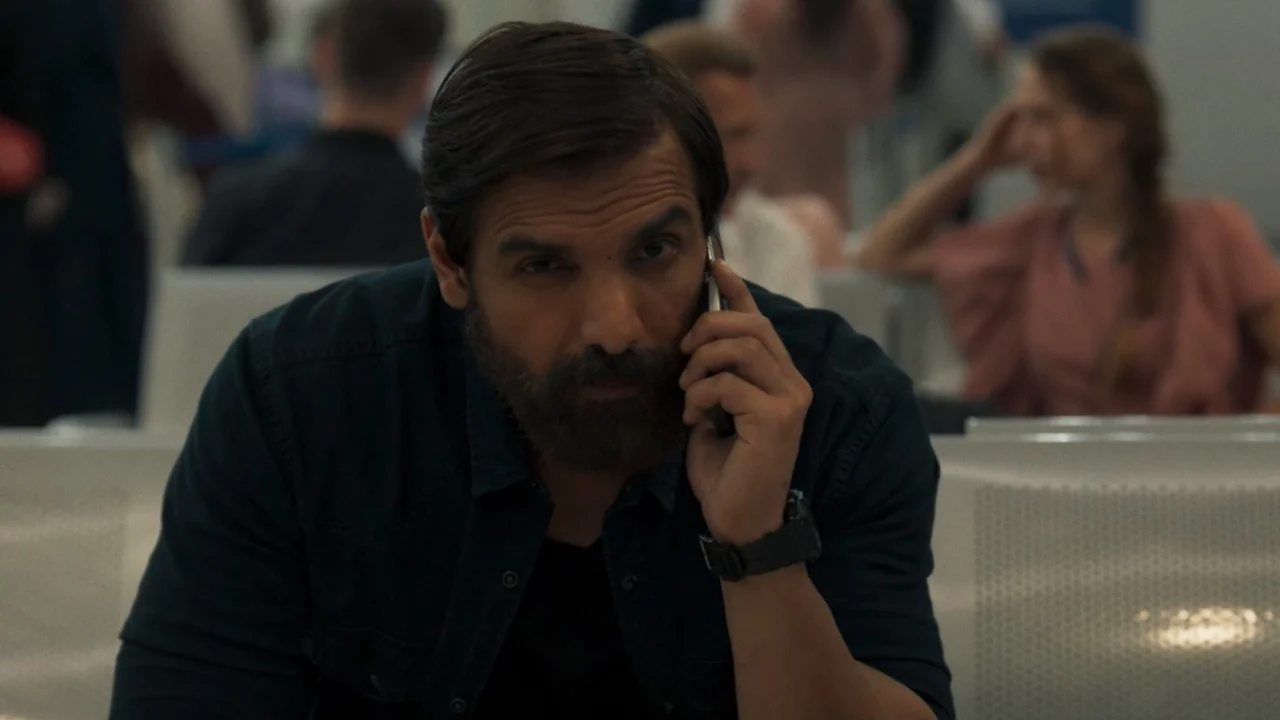
Performance Analysis
John Abraham brings intensity without melodrama to his role. His measured anger feels genuine throughout the film. The actor avoids his usual loud approach, choosing restraint over theatrics.
Supporting actors including Neeru Bajwa deliver solid work in their respective parts. Manushi Chhillar gets meaningful screen time beyond just being present. The Iranian cast members bring authentic cultural touches to their scenes.
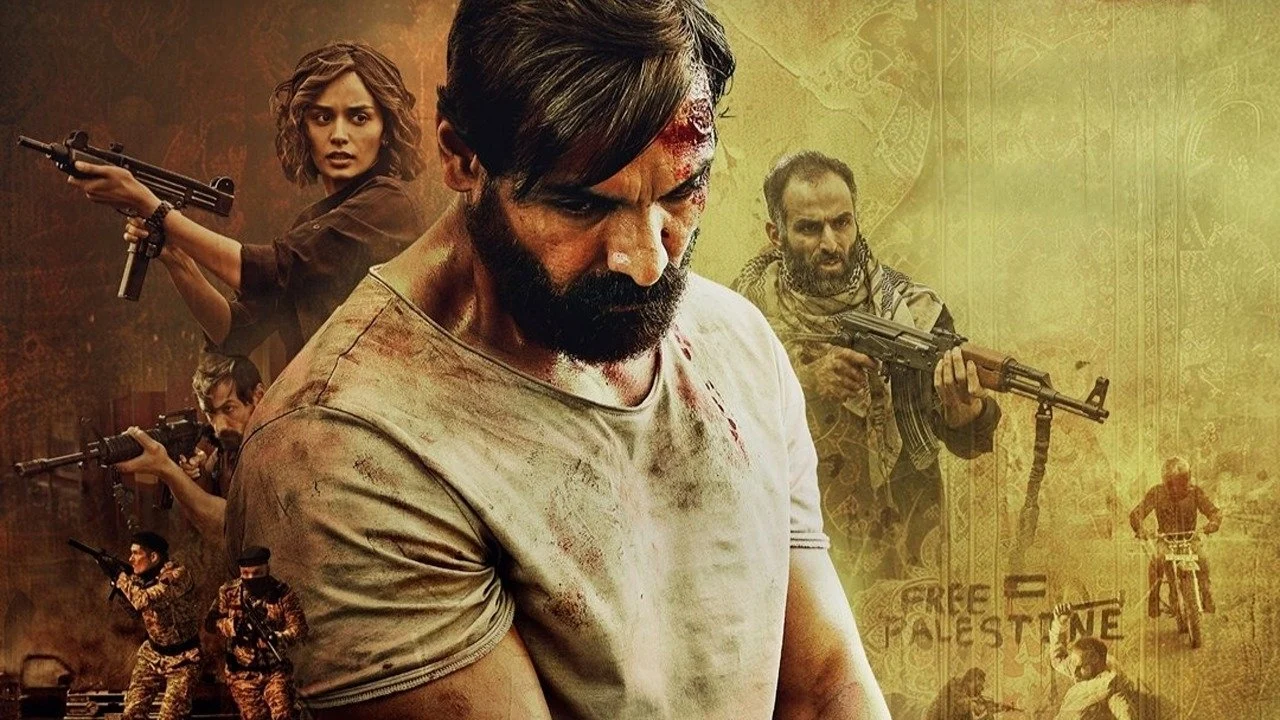
Behind the Camera
Gopalan’s direction maintains steady tension without relying on cheap thrills. The visual storytelling contrasts India’s vibrant chaos with Iran’s sterile political corridors. This approach enhances the story’s themes effectively.
Writers have crafted dialogues that feel natural rather than scripted. Persian language elements add credibility to foreign locations. I appreciated how the script avoids typical jingoistic speeches common in this genre.
Strengths of the Film
The movie succeeds in creating believable espionage scenarios. Character motivations feel genuine rather than forced by plot requirements. Geopolitical tensions are handled with nuance instead of taking obvious sides.
Realistic action sequences serve the story rather than dominating it. The film respects audience intelligence by avoiding overly complicated plot twists. I valued how personal stakes drive the larger political narrative.
Areas for Improvement
Pacing issues occasionally slow down the momentum unnecessarily. Some plot developments feel rushed while others drag on too long. The balance between character development and action could be tighter.
Certain story elements rely on convenient timing that stretches believability. Middle portions lose some energy despite strong opening and climax. I wished for more dynamic editing in conversation-heavy scenes.
Reception and Response
Professional critics gave mixed reactions with ratings ranging from 2.5 to 4 stars. Mainstream publications appreciated the serious approach but questioned mass appeal. The film divided opinion on entertainment versus substance balance.
Audience response on platforms like IMDb shows 6.6 rating indicating moderate appreciation. Viewers praised John Abraham’s performance while some found the pace challenging. Social media discussions highlight the film’s political relevance.
Rating: 3.5/5

